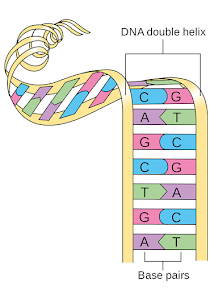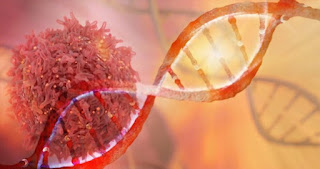Heart Problems: Investigating the Cardiac Side Effects of Cancer Treatments
In June, nearly 100 experts gathered on the National Institutes of Health (NIH) campus in Bethesda, MD, to discuss a crucial but underestimated side effect of various cancer treatments: heart issues.
Certain cancer treatments have the potential to harm the heart and circulatory system. Chemotherapy and radiation therapy, as well as newer forms of cancer treatment such targeted treatments and immunotherapies, can cause or exacerbate these adverse effects, which include high blood pressure, irregular cardiac rhythms, and heart failure.
At the meeting, Saro Armenian, D.O., M.P.H., noted, "Cancer medicines affect a lot of organs and organ systems, including the heart." Dr. Armenian, who treats children with cancer at City of Hope Comprehensive Cancer Center, explained that if a patient has cardiac side effects during treatment, a doctor may adjust the therapy's dose or discontinue it entirely.
However, certain cardiac side effects linger unnoticed for years, if not decades, after a patient's medication has finished. In an interview, Lori Minasian, M.D., deputy director of the National Cancer Institute's Division of Cancer Prevention, said, "Patients diagnosed with cancer are living longer today than in the past, and many of these survivors are living long enough to acquire late cardiovascular consequences."
Researchers have been carefully documenting the longer-term cardiovascular side effects of cancer treatments, often known as cardiotoxicities, in recent years, Dr. Minasian noted.
Participants from government, academia, and the corporate sector identified gaps in current knowledge and addressed research objectives at a workshop on improving outcomes in treatment-related cardiotoxicity. The symposium was co-sponsored by the National Cancer Institute (NCI) and the National Heart, Lung, and Blood Institute (NHLBI).



Comments
Post a Comment